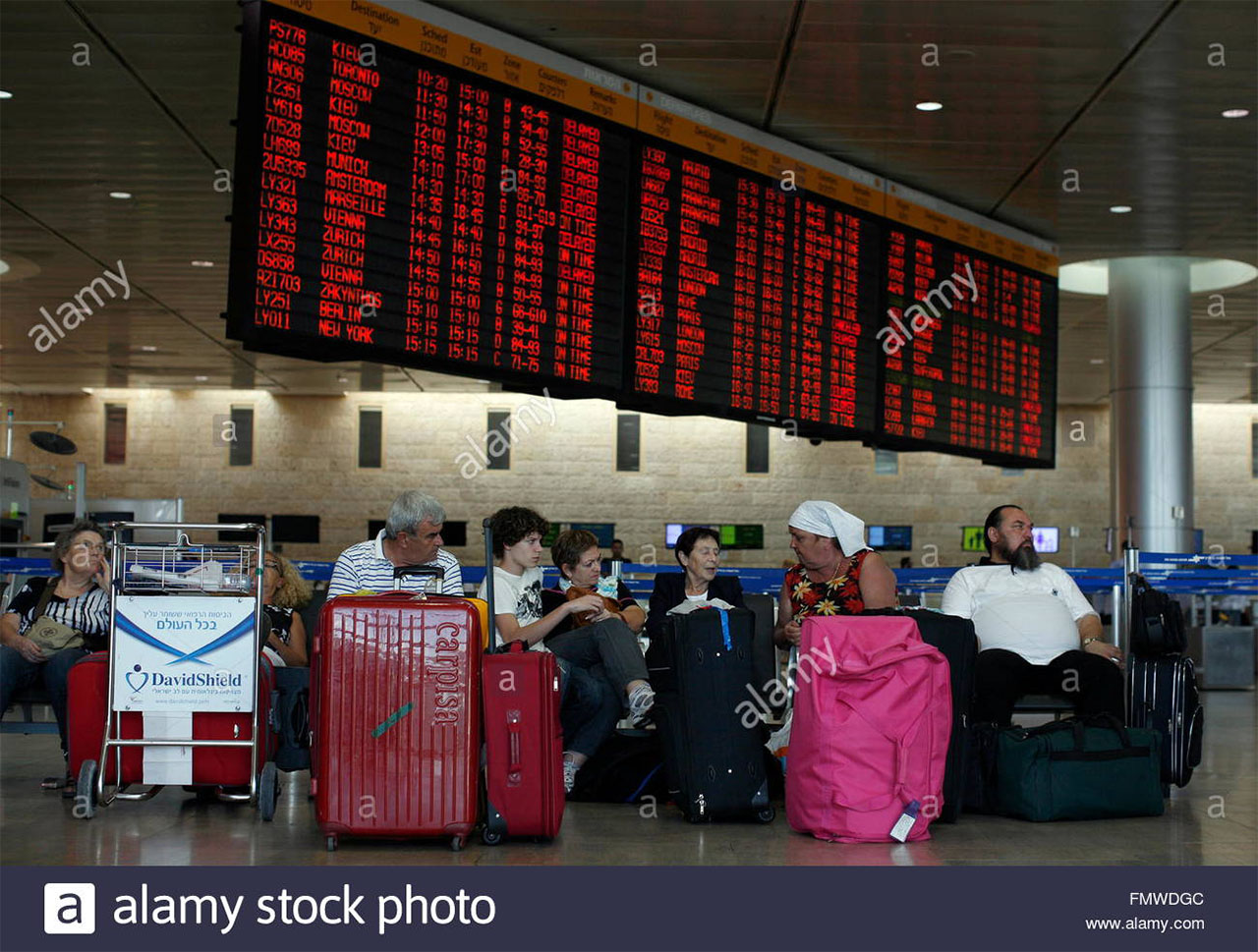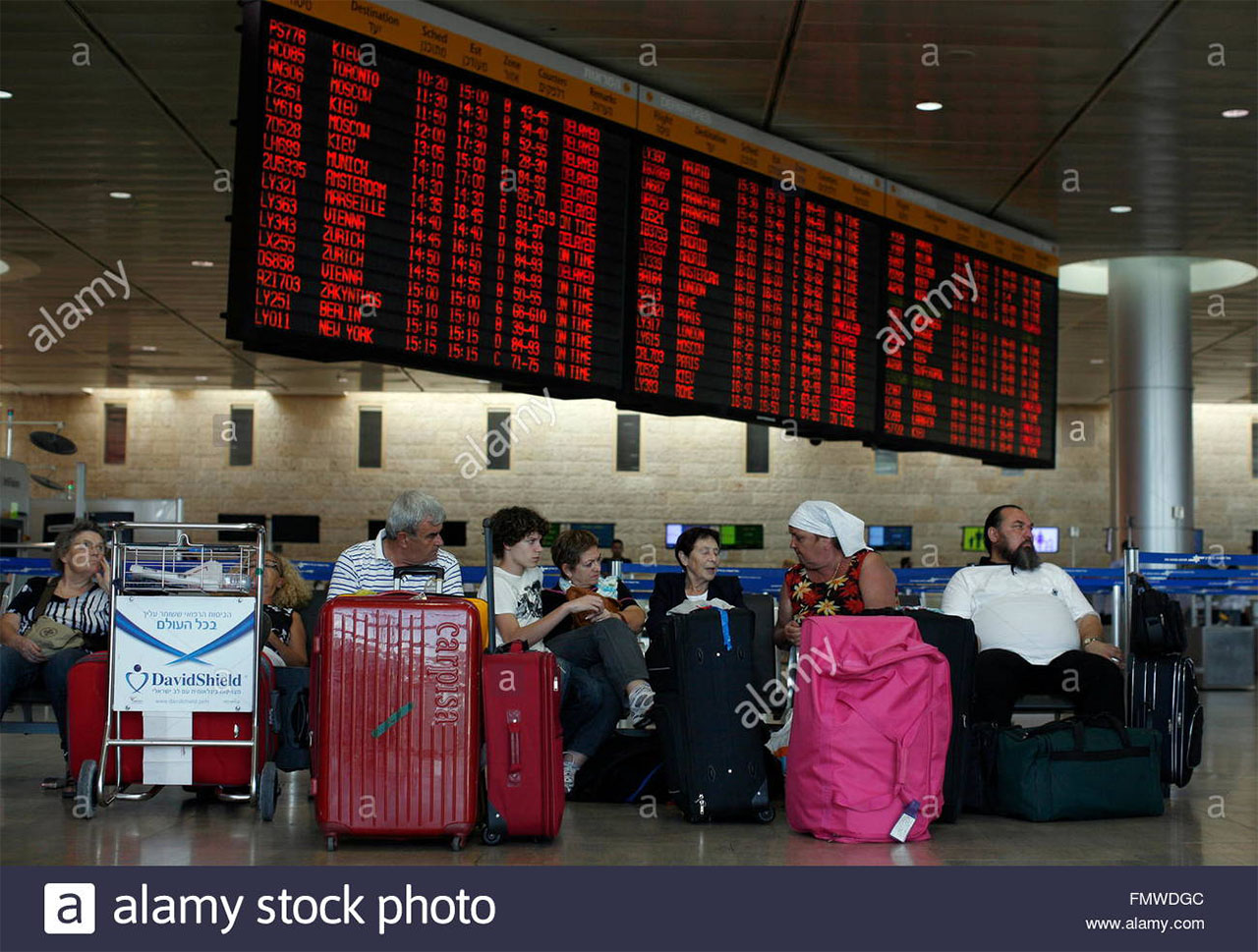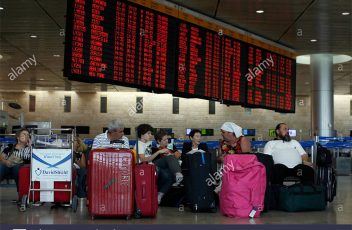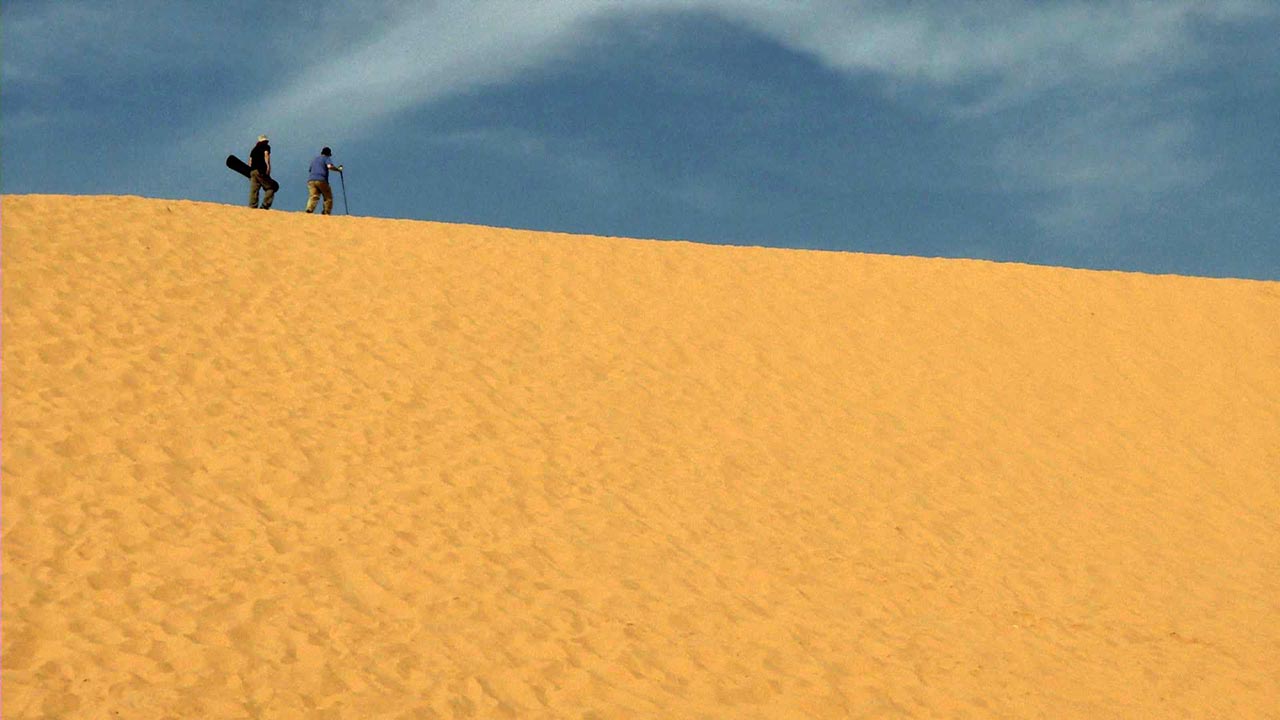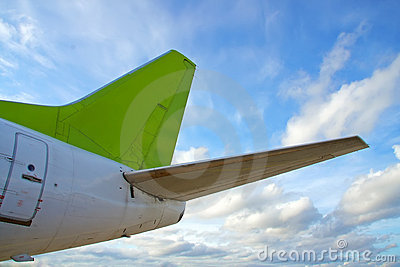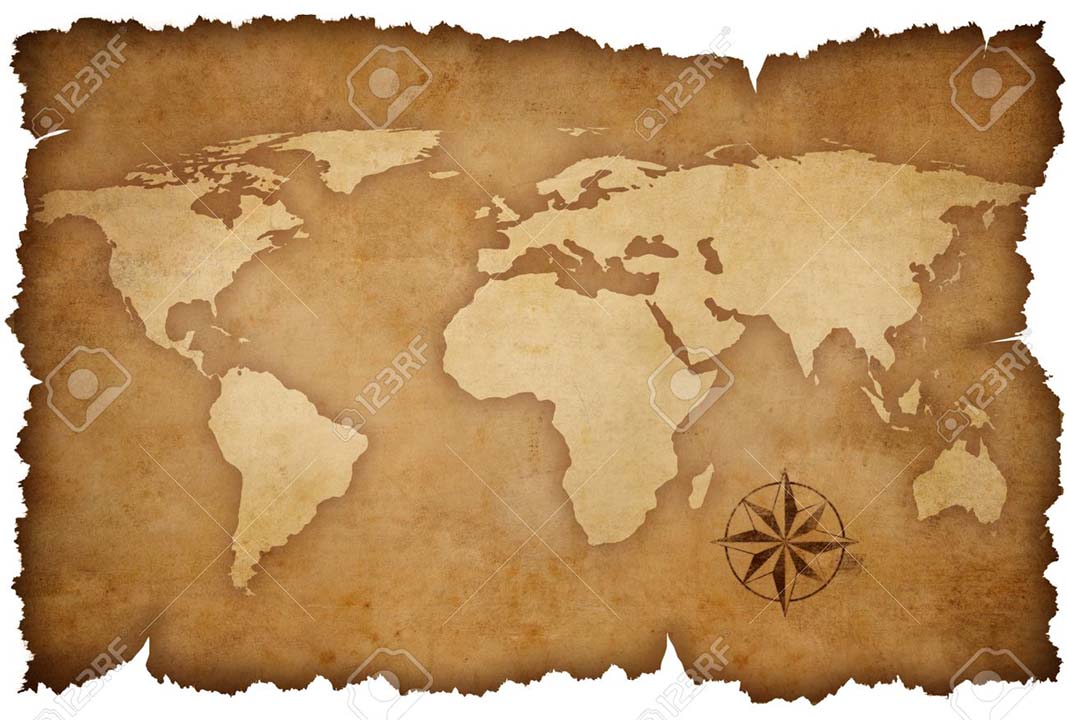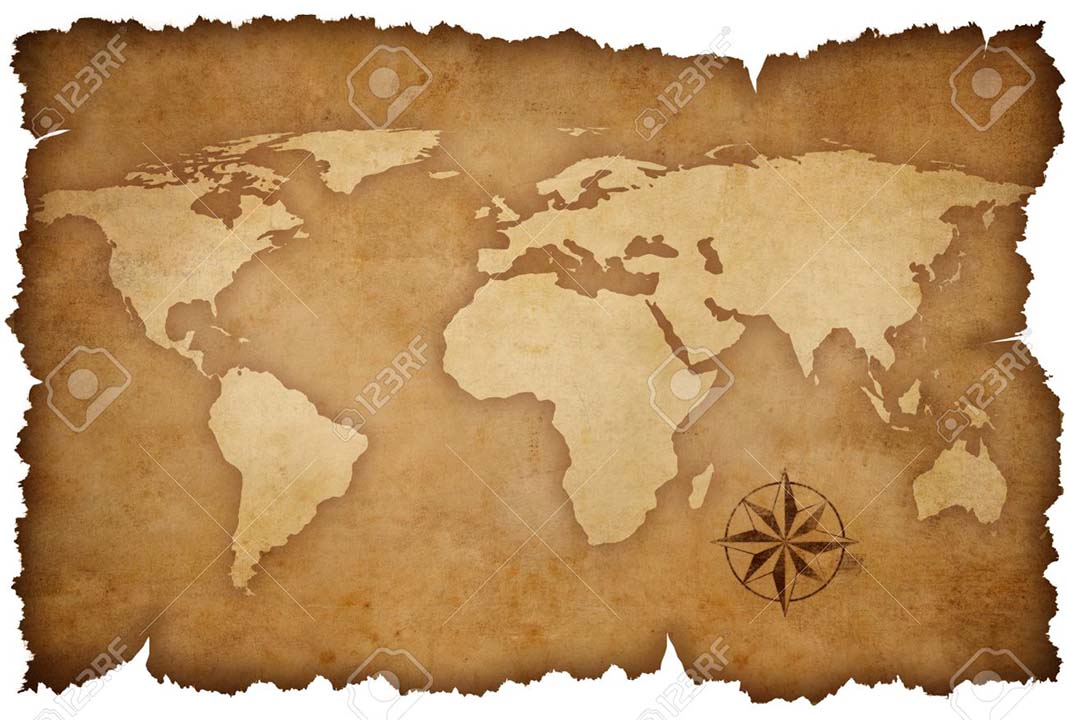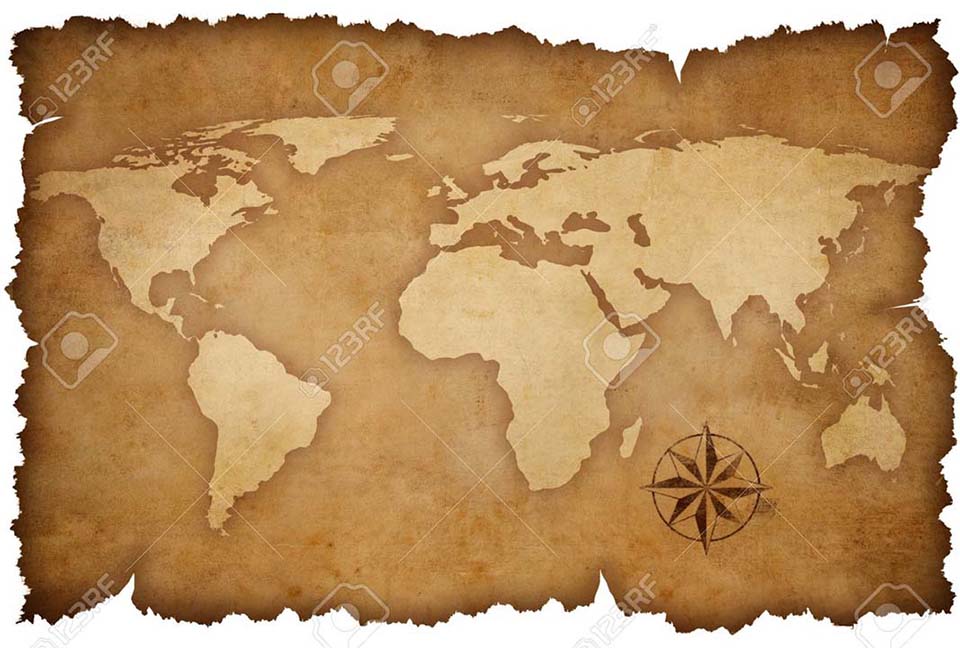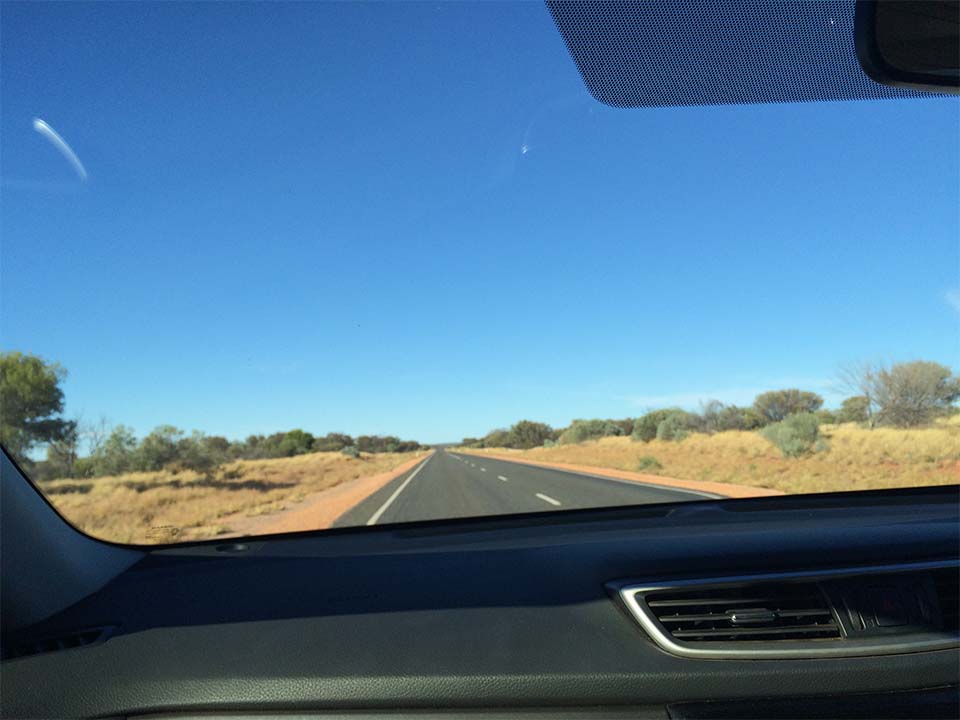When last we met…
The idea of engaging in the services of a fixer immediately conjures up images of dark alleys, shady men in overcoats and whispers of “Psst, hey buddy.” Or at least, what for me is the definitive shady character of my youth:
It all seams a little on the seamy side. I mean, what, after all, is so tricky for a filmmaker that it requires a professional to grease wheels, palms and anything else that is on first inspection, more than a little squeaky?
Turns out, there are Continue reading “Filmmaking Essentials: The Fixer Upper, Part II”
